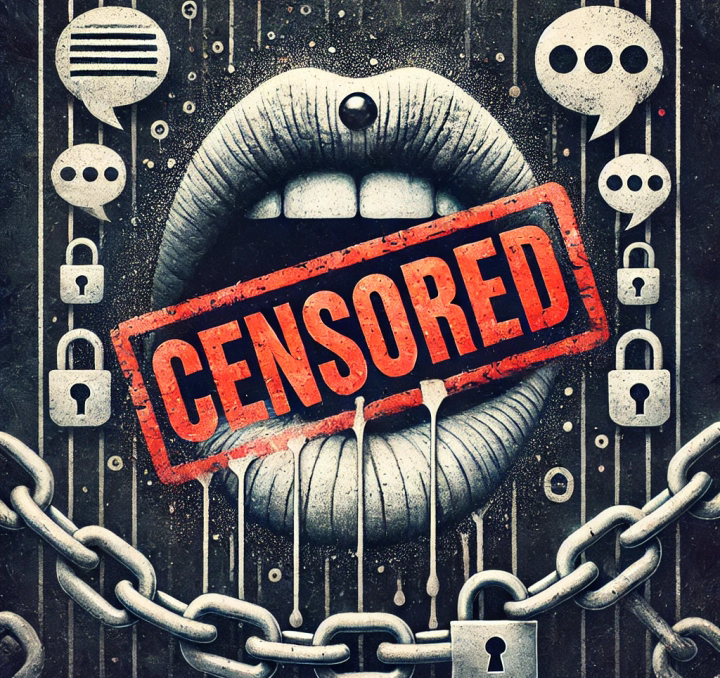Is Social Media Content Moderation, SILENCING FREE SPEECH?
Is Social Media Content Moderation, SILENCING FREE SPEECH?
Or Protecting Civil Rights
By: Ki Lov3 Editor: Toni Gelardi © 2025
While some argue that content moderation restricts free speech, it actually serves as a safeguard—reinforcing civil rights and equality, just as hate crime laws protect individuals in physical spaces. In society, laws are in place to prevent hate crimes and protect vulnerable groups from discrimination because they recognize that certain speech and actions cause harm. If we protect people from hate-fueled attacks in real life, why should we allow them online, where harm can be even more severe? Social media has become a central part of public discourse, shaping conversations, movements, and opinions, but it has also made it possible for hate speech, harassment, and misinformation to spread.
Cyberbullying and hate speech are linked to increased depression, anxiety, and self-harm. A study from the Journal of Medical Internet Research found that victims of online harassment are more than twice as likely to engage in self-harm or suicidal behaviors compared to those who are not targeted. Unlike in-person bullying, online harassment is persistent, anonymous, and amplified, often making it inescapable.
Increased rates of anxiety, depression, and self-harm have been connected to hate speech and cyberbullying. A study from the Journal of Medical Internet Research found that victims of online harassment are more than twice as likely to engage in self-harm or suicidal behaviors compared to those who are not targeted. Unlike in-person bullying, online harassment is persistent, anonymous, and amplified, often making it inescapable.
Why Moderation is Not Censorship
Just as businesses can deny service to abusive customers, social media companies have the right—and obligation—to moderate harmful content. This does not silence opinions; rather, it ensures that discussions remain inclusive. Without it, hate speech and harassment push marginalized voices out of public discourse. True free speech necessitates an environment where people can engage without fear of abuse. Free speech laws prevent the government from suppressing speech, not private platforms from enforcing policies to create a safer environment.
Effective moderation should:
Apply rules consistently to all users.
Focus on harm reduction, not suppressing debate.
Be developed with input from civil rights experts.
Include an appeals process to ensure fairness.
In conclusion, through the prevention of online spaces from becoming venues for harm, social content moderation safeguards civil liberties. We shouldn't let hateful attacks online, just as we wouldn't tolerate them in person. By guaranteeing that all voices are heard, the creation of safe online environments enhances free speech rather than diminishes it.
#socialmedia #contentmoderation #shadowbanning #freespeech #cyberbullying




